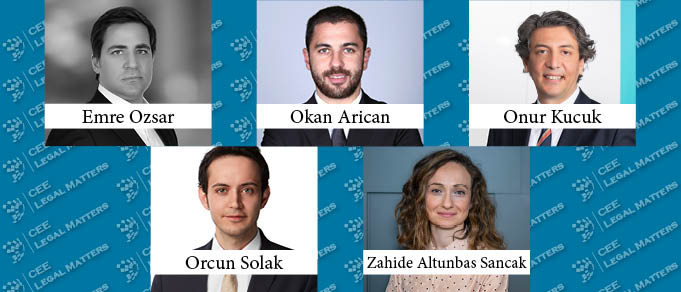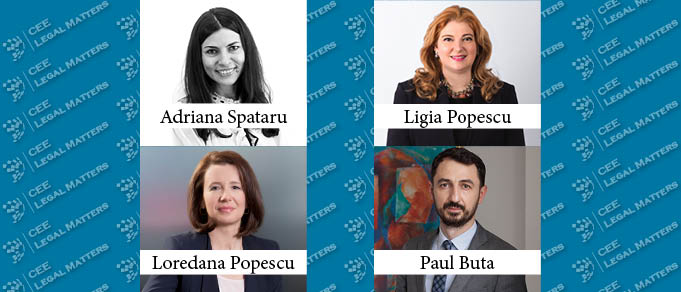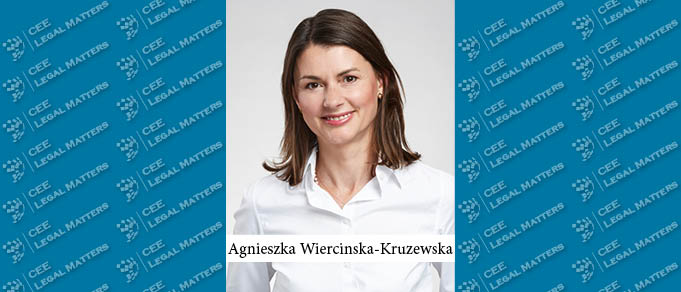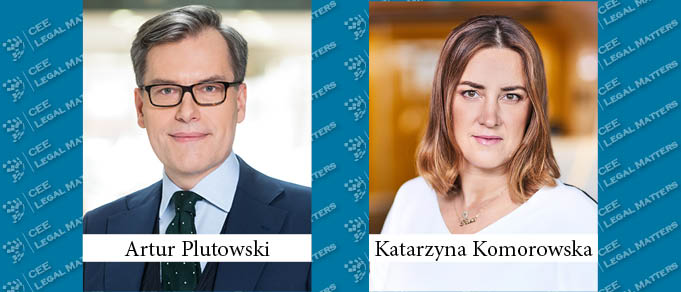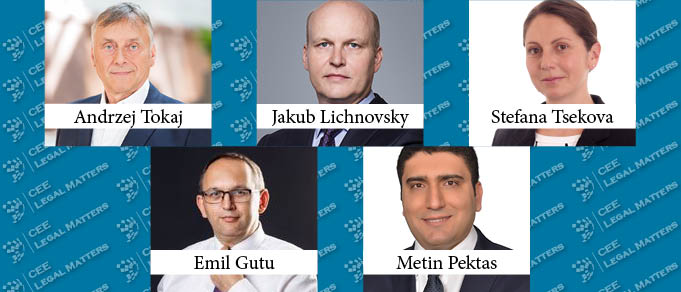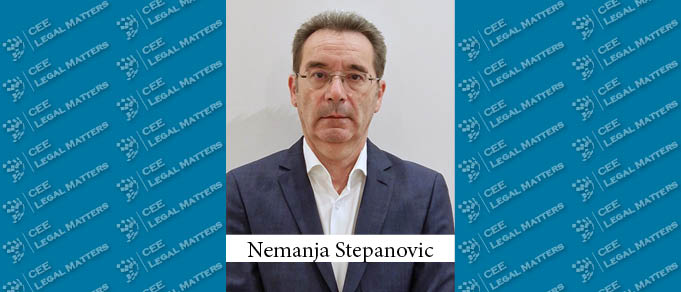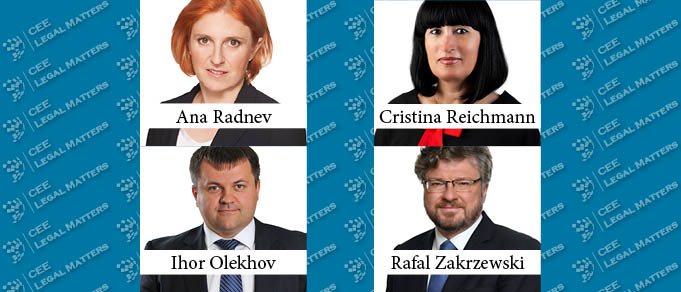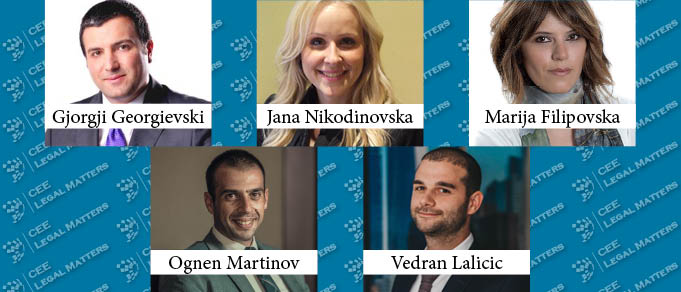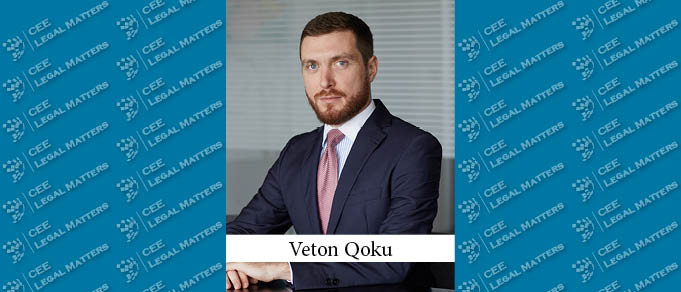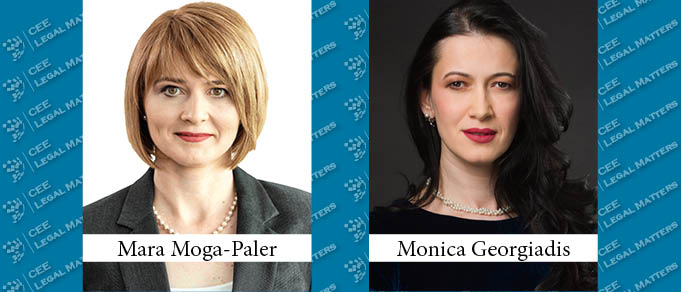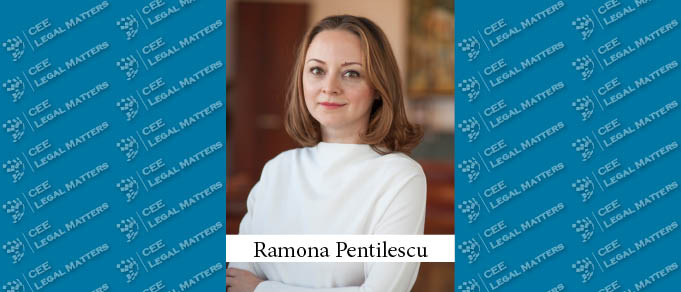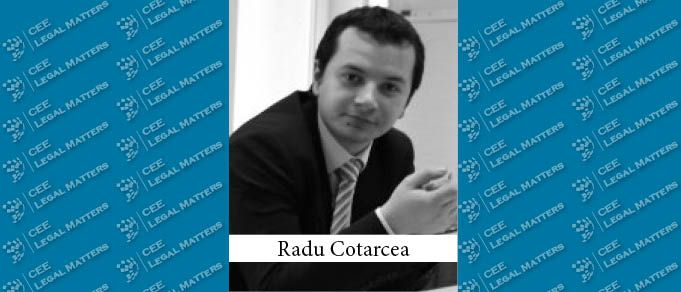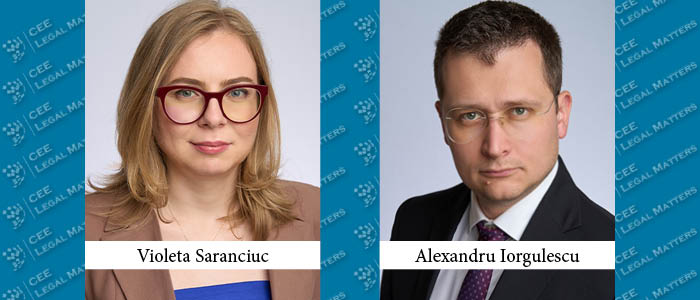In the past few years, Turkey has experienced a veritable tech miracle. A swath of start-ups, primarily in the gaming and e-commerce sectors, has attracted multi-billion-dollar investments and achieved record valuations. Two companies have even reached decacorn status – a valuation of over USD 10 billion.
In Search of Stability: Bulgaria’s Missing and Missed Legislation
In Bulgaria, one ordinary and two extraordinary parliamentary elections were held in the span of eight months in 2021, and the country is now preparing for yet another extraordinary election on October 2, 2022. Which outstanding legislative packages are critical – considering the absence of regular parliamentary activities – and what are their implications for the country?
In Search of a New Home: Business Relocation Trends in CEE
With the war in Ukraine raging for more than six months, law firms across the region have reported increased workloads in corporate and M&A, tax, employment, immigration law, and inquiries on the sanctions regimes in relevant jurisdictions, noting that companies from Ukraine, Russia, and Belarus are variously looking for a new home. Whether to avoid sanctions or escape the war, those companies consider a variety of factors in determining where to go.
Romania’s Disaster Movie: The Film Industry Cash Rebate Scheme that Wasn’t
2018 saw the introduction of the Romanian movie production cash rebate system and a subsequent uptick in movie productions seeking to develop in Romania. The ambitiously outlined rebate system seemed quite appealing, initially. However, over the past three years, it failed to live up to its original goals.
Guest Editorial: Lawyering at the Edge of Legal Landscape Transformation
The legal landscape has changed remarkably since 2008 when I made the jump from being an in-house lawyer at the Central Bank of Albania to a legal associate at a law firm. At the time, for a lawyer working in two small-sized non-EU countries such as Albania and Kosovo, work was predominantly focused on the local markets, with no or little exposure to international activities. This started to change as the CEE region became more attractive to foreign investors, who were looking at opportunities often spread across several countries. The legal work in M&A, privatization processes, and energy investments often involved teams from various law firms, both in CEE and in Western Europe or the US, and was my gateway to gaining knowledge of the regional market and understanding the space for growth there.
Polish Media Polarized
The Polish media market finds itself in an interesting position. Following a streak of market moves and reshufflings, the media landscape seems to have, to an extent, polarized. To get an insight into the market ins and outs, as well as expectations for the future, we reached out to Wiercinski Kwiecinski Baehr Partner Agnieszka Wiercinska-Kruzewska.
Patch Released: The Polish Deal 2.0
On January 1, 2022, a “historic tax reform” – as referred to by the Polish government – came into force, with major changes implemented into Poland’s tax system. Just a few months later, another tax reform package, now known as the Polish Deal 2.0, was introduced. We spoke with Penteris Head of Tax Artur Plutowski and PwC Legal Partner Katarzyna Komorowska to learn what was the driving force behind the update and how it will impact the business sector in Poland.
Old But New: Bracing for Updated VBER and Vertical Guidelines
On May 10, 2022, the European Commission adopted the new Vertical Block Exemption Regulation (VBER) accompanied by the new Vertical Guidelines (Guidelines), which entered into force on June 1, 2022. We spoke with several Czech competition experts to understand how these updates will influence the day-to-day business activities in the vertical agreements area.
The Low-Key Priority: Life Sciences R&D in the Czech Republic
Life Sciences R&D has consistently been touted as one of the Czech government’s top priorities – and the markets and investors have not been indifferent. We reached out to several experts to check up on the overall health of life sciences R&D in the Czech Republic and learn how that priority translates into practice.
Round Six: The European Union Ban on Russian Energy Imports
The sixth package of European Union sanctions imposed on Russia is a widely discussed topic, yet the overall levels of preparedness to adopt the associated energy import ban varies from one country to another. Indeed, with Russian oil and gas exports being such a dominant source of energy for a number of European countries, it remains to be seen how all of them adapt to the change. To gain insight into how certain EU member states and non-EU countries are (likely) to fare in the immediate wake of the ban, we reached out to legal professionals from Turkey, Poland, Bulgaria, the Czech Republic, and Moldova.
Guest Editorial: Two Years Older and a Decade Wiser
Writing an editorial proved to be equally as challenging as operating in the CEE legal market. For the record, I will confine my experiences mostly to the region of the Western Balkans. In hindsight, the past year(s) were something of a specialty, even by our own criteria and relative to our extensive experience. But let’s start from the beginning…
A Look at the Engine for ESG: Finance
Between sustainability-linked loans and, more recently, green bonds, the finance world has been one of the early adopters and promoters of the ESG movement. We spoke with CMS Partners Ana Radnev, Cristina Reichmann, Ihor Olekhov, and Rafal Zakrzewski to check in on the status of ESG in this crucial sector.
Practice Check-In: North Macedonia
ODI Law Partner Gjorgji Georgievski, EY Law North Macedonia Manager Jana Nikodinovska, CMS Partner Marija Filipovska, Popovski & Partners Partner Ognen Martinov, and Lalicic & Boskoski Partner Vedran Lalicic talk about what practices have been keeping their firms busy and their outlook.
High on CEE: Exploring the Potential of the CBD Sector in North Macedonia
In a 2020 CEE Legal Matters article, Karanovic & Partners Partner Veton Qoku wrote that “in 2016 the Republic of North Macedonia made changes to its Law on the Control of Narcotic Drugs and Psychotropic Substances, defining the terms ‘hemp,’ ‘hemp seed oil,’ and ‘cannabis/hemp oil’ for the first time as well as regulating the procedure for cultivation and production of hemp.” CEELM spoke with Qoku to check in on the development of this young sector in the country.
Employment Considerations on the Romanian Gig Economy
With the fast-paced development of applications in nearly every sector of the service industry and the advent of virtual services, Romania witnessed a rise in the number of people employed in the gig economy. CEE Legal Matters sat down with DLA Piper Head of Employment Monica Georgiadis and Schoenherr Head of Employment Mara Moga-Paler in Romania to discuss the legislative framework regulating gig workers, the labor risks and challenges they face, and the ways in which these might be addressed.
Anyone’s Bet: Romania’s M&A Outlook
By most counts, 2021 was a successful year for the Romanian M&A market. Tuca Zbarcea & Asociatii Deputy Managing Partner Stefan Damian, Nestor Nestor Diculescu Kingston Petersen Partner Gabriela Cacerea, Dentons Managing Partner Perry Zizzi, and Wolf Theiss M&A Partner Ileana Glodeanu have many reasons to believe 2022 could be a good year as well, but also quite a few to expect a slowdown in activity.
Talking About Unhealthy Public Procurement in Romania
A quick look at the CEE Legal Matters Index 2021 reveals a considerable number of public procurement (PP) disputes in the Romanian healthcare sector. We spoke with Popovici Nitu Stoica & Asociatii Partner Ramona Pentilescu, who was involved in challenging several such projects, to learn more about the trend.
Editorial: Leading Leaders Lead the Leadable
Did you just glaze over the headline without even registering it? I would have. Of the 30 press releases that last hit my inbox, 26 included – in either the opening paragraph or the last one describing the emitting firm – the phrase “leading law firm.” Indeed, it is such a common trope in the industry that I barely even register it when a firm self-identifies as such.

